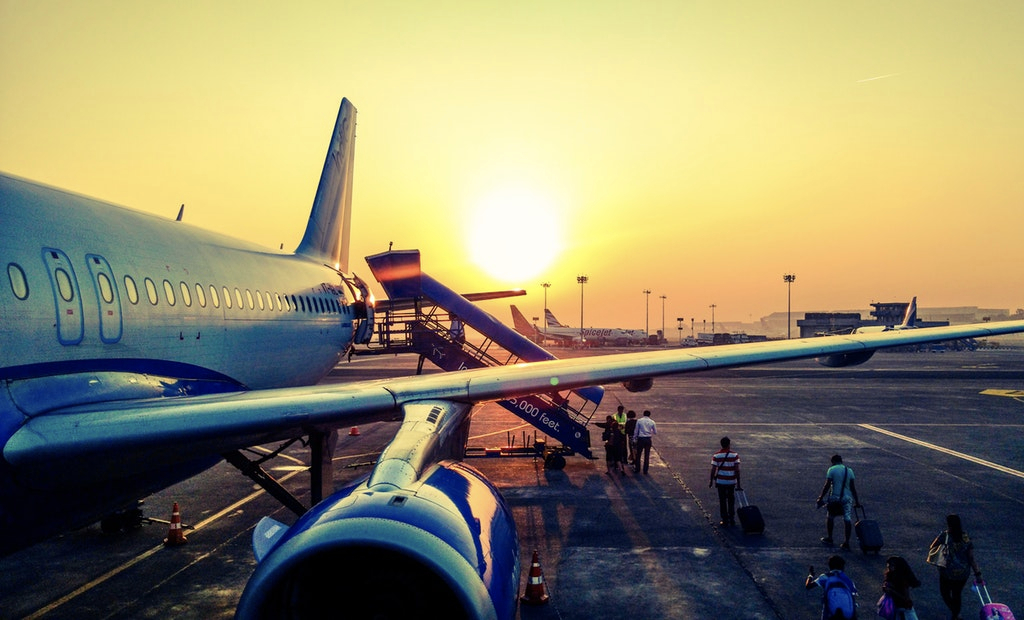Five common causes of flight delays and how to get compensated

Any traveller who has had to deal with flight delays would tell you how frustrating it gets. No one wants to wait for long hours before their flight takes off and they shouldn’t have to. However, it does happen and a report from 2018 shows that the UK has experienced the second highest number of flight delays and disruptions of any country in Europe. Agencies like Flightright are constantly helping passengers obtain compensation for delayed or disrupted flights. If it’s not possible to do anything but get upset at a delayed flight, it should at least be possible to be compensated.
The number of delayed flights keeps increasing every passing year for several reasons, some of which are beyond the airline’s control. This article highlights some of the common reasons for flights being delayed.
Air Traffic Control (ATC) restrictions
There are more airplanes today than ever, making restrictions in air traffic control more likely to happen. This is to prevent aircraft from colliding with each other, and longer flights are often subject to more regulations and restrictions. Due to these restrictions, any given flight can be delayed and, according to the EC 261 law, the airline isn’t obliged to compensate passengers, as they have to respect the ATC.
Adverse weather conditions
Adverse weather conditions can also be a factor, as some airlines tend to change their routes at the last minute, which could cause delays. However, the weather conditions that would have a huge impact on flights include extreme conditions such as tornadoes, blizzards and hurricanes. These extreme conditions are quite rare, which makes adverse weather conditions a less common reason for flight delays. It is, however, often cited as a common reason, which might not be true. So, unless it’s an extreme condition, customers might still be entitled to compensation.
Strikes
Strikes happen everywhere and if the airline staff is on strike, flights will be disrupted. However, it’s necessary to confirm if the flight in question falls within the immediate flight period. If it doesn’t, there might still be entitlement to compensation.
Knock-on effect
This is also known as rotational delay, which happens as a result of the late arrival of an aircraft. When one flight has been delayed, it can cause a ripple effect, making other flights following it also delayed.
Long waits
Flight delays may also be due to long waits from boarding connecting passengers, waiting for connecting bags, cargo, or for the crew. These waits are often within the airline’s control, so here it’s appropriate to file a compensation claim.
Bottom line
Flight delays are common. However, knowing one’s rights regarding this can change a lot. The EC 261 law says passengers may be entitled to up to €600 in cash, which depends on the flight distance and length of the delay.
If they weren’t informed at least 14 days before the departure date that there would be a delay, they can work on getting compensation. It’s a good idea to find out the cause of the delay and ensure it was within the airline’s control, and it can be useful to enlist the help of an agency like Flightright or hire a competent lawyer in this instance.
The editorial unit

























Facebook
Twitter
Instagram
YouTube
RSS